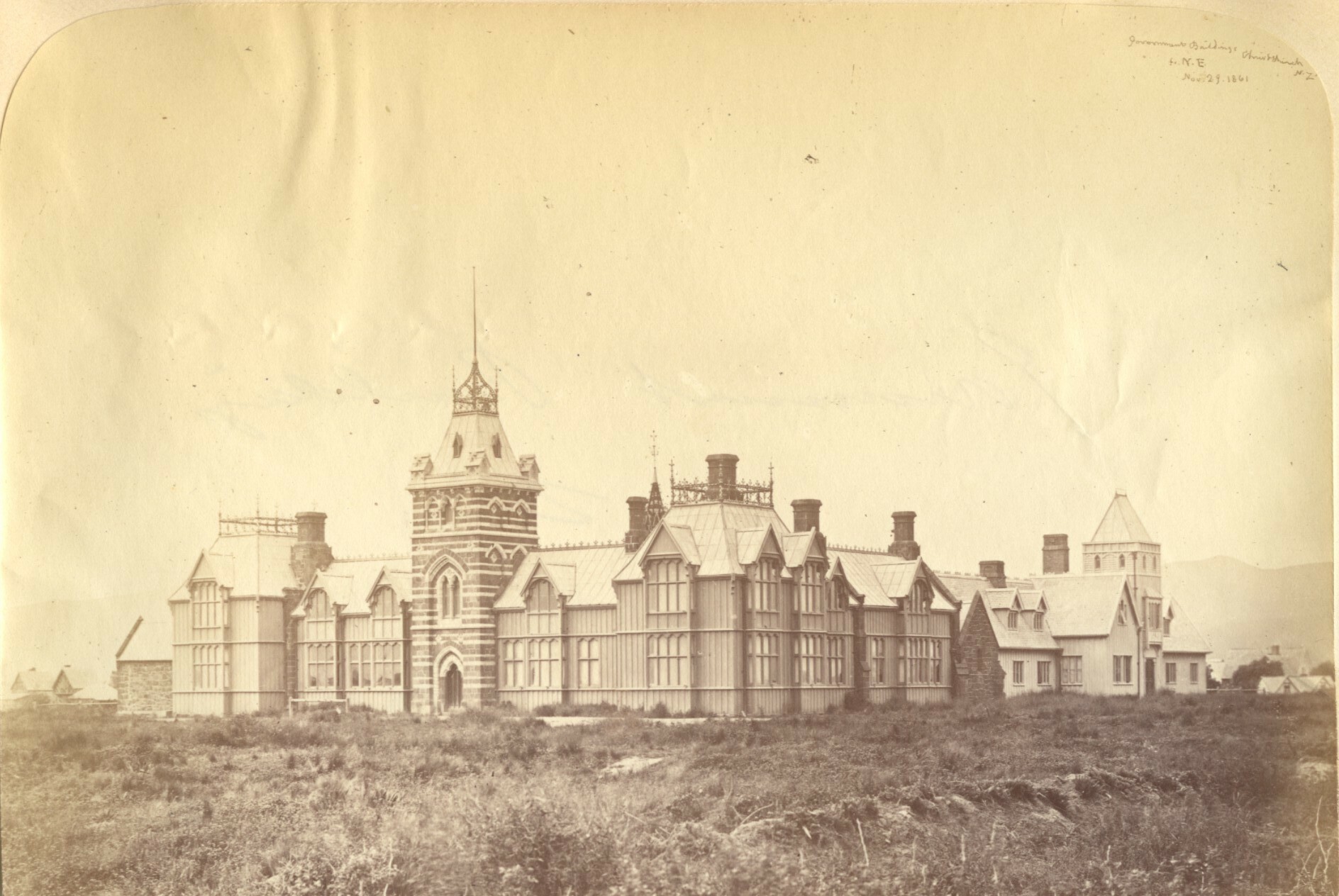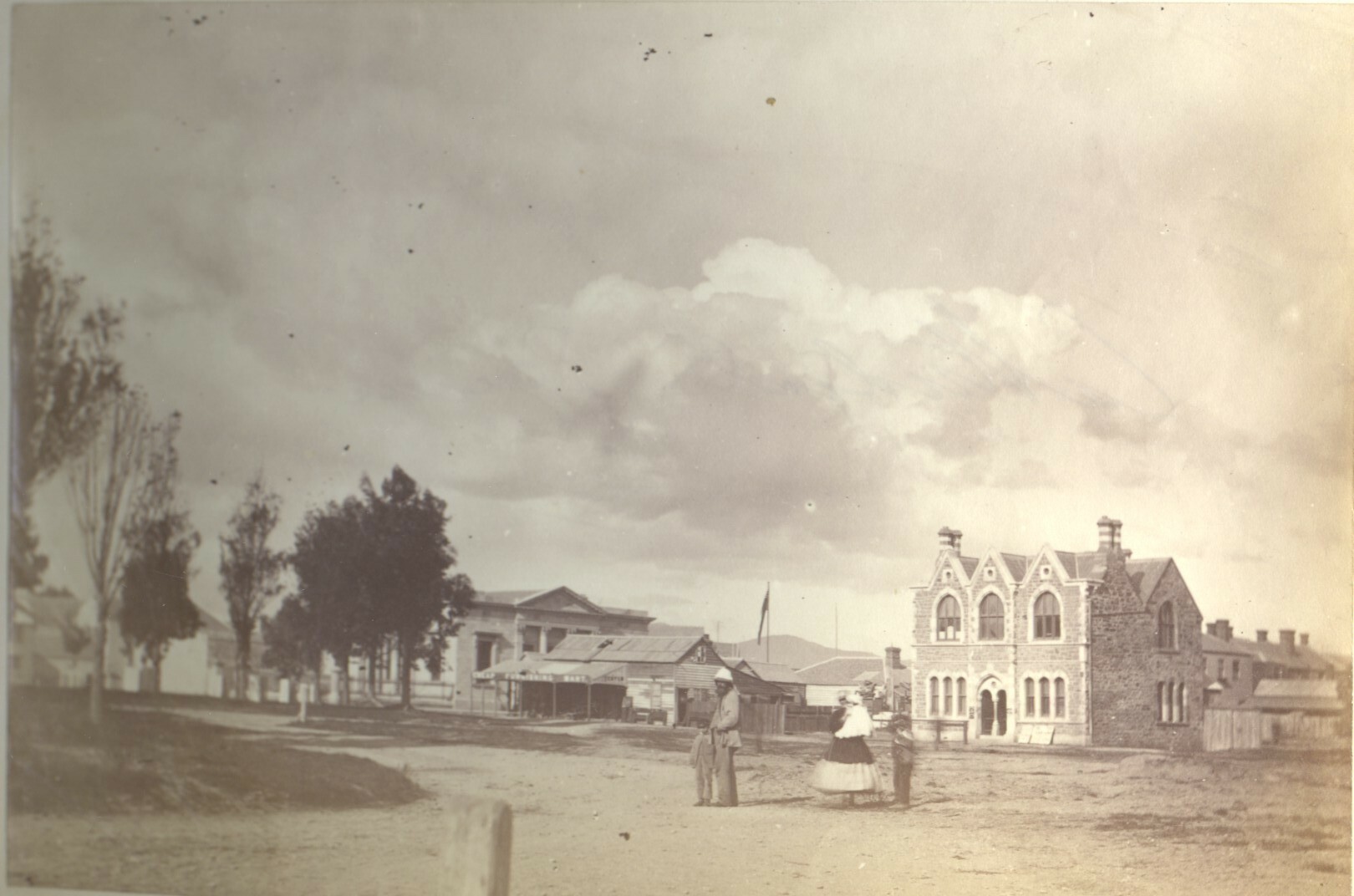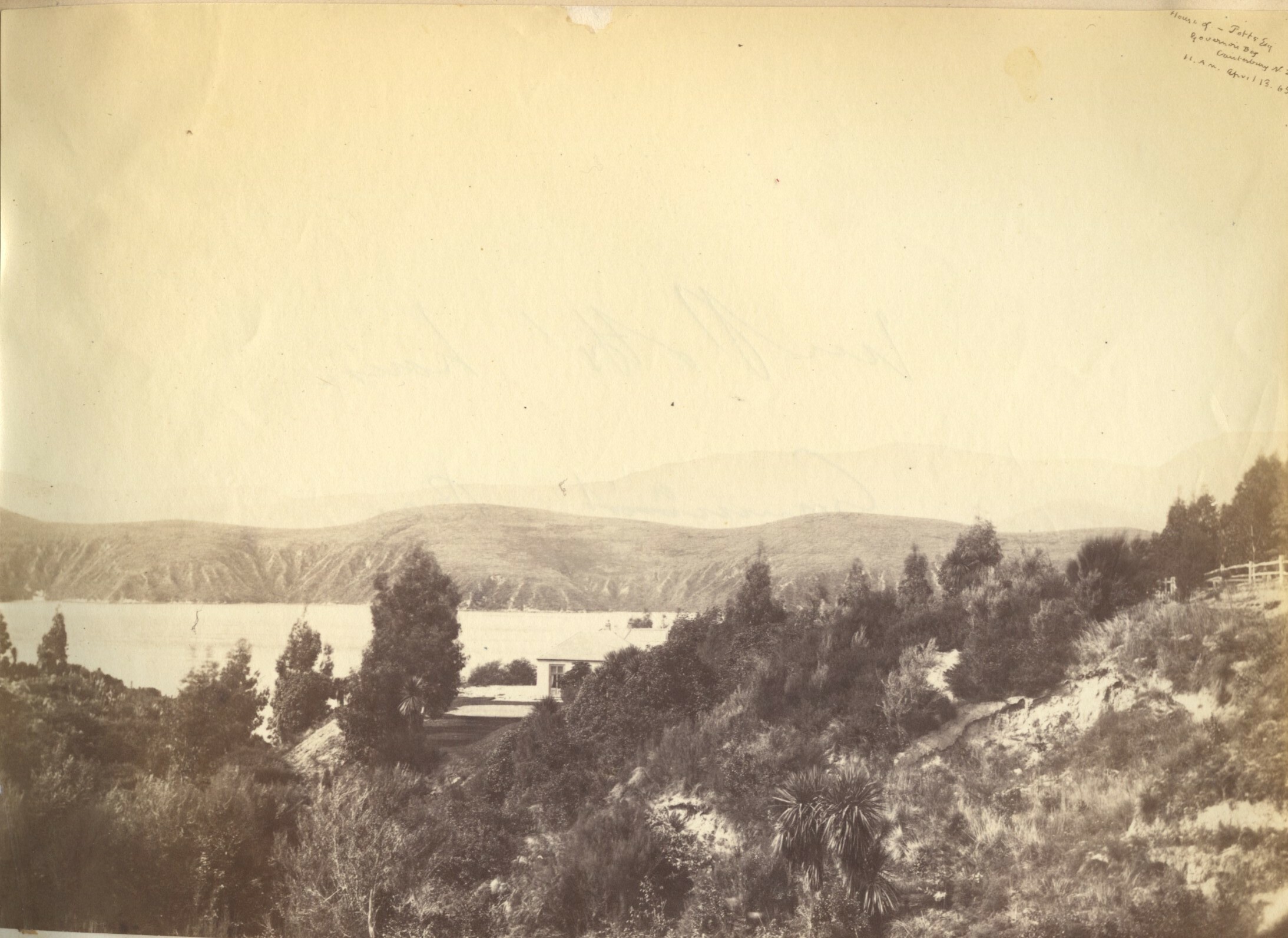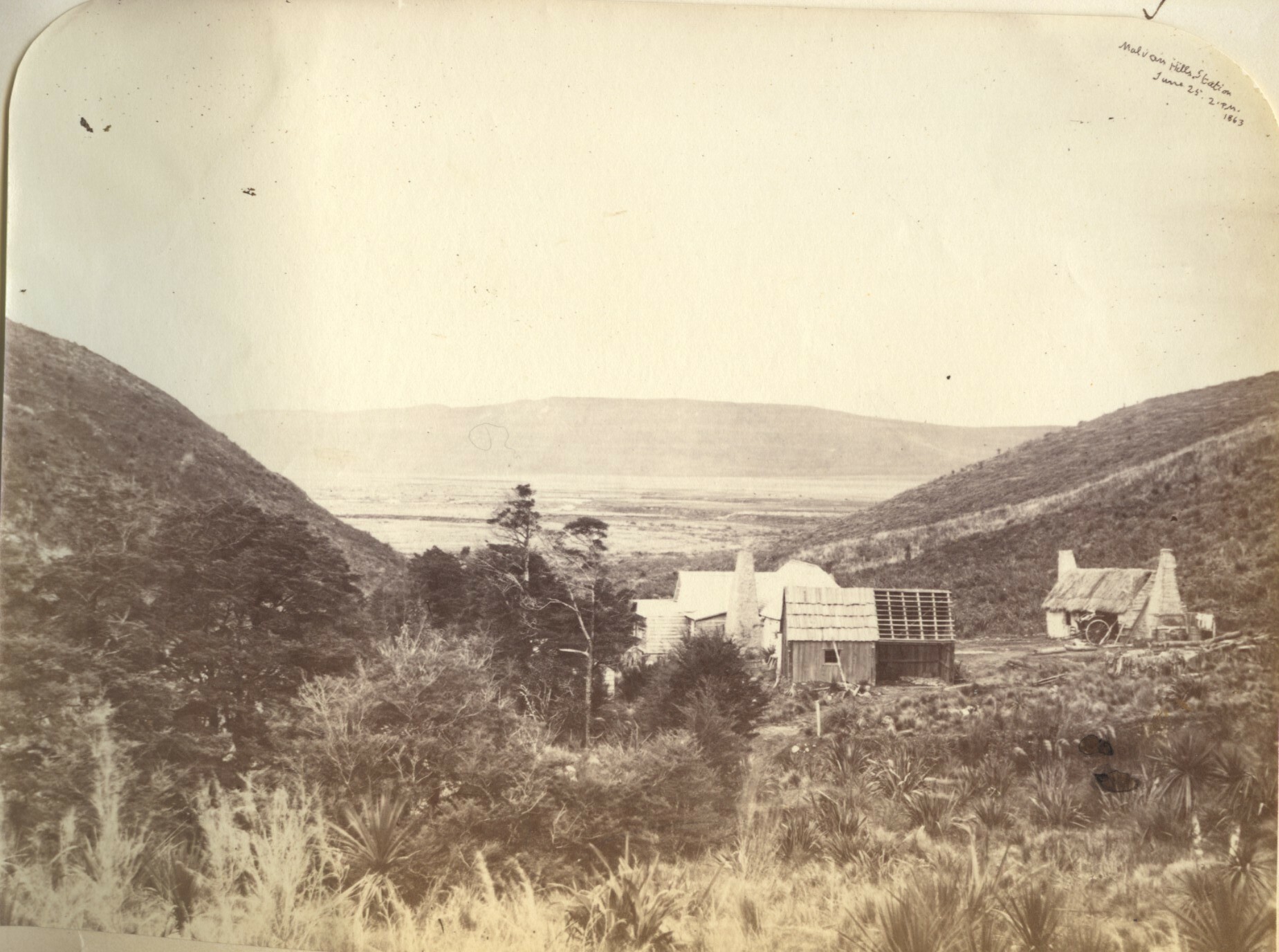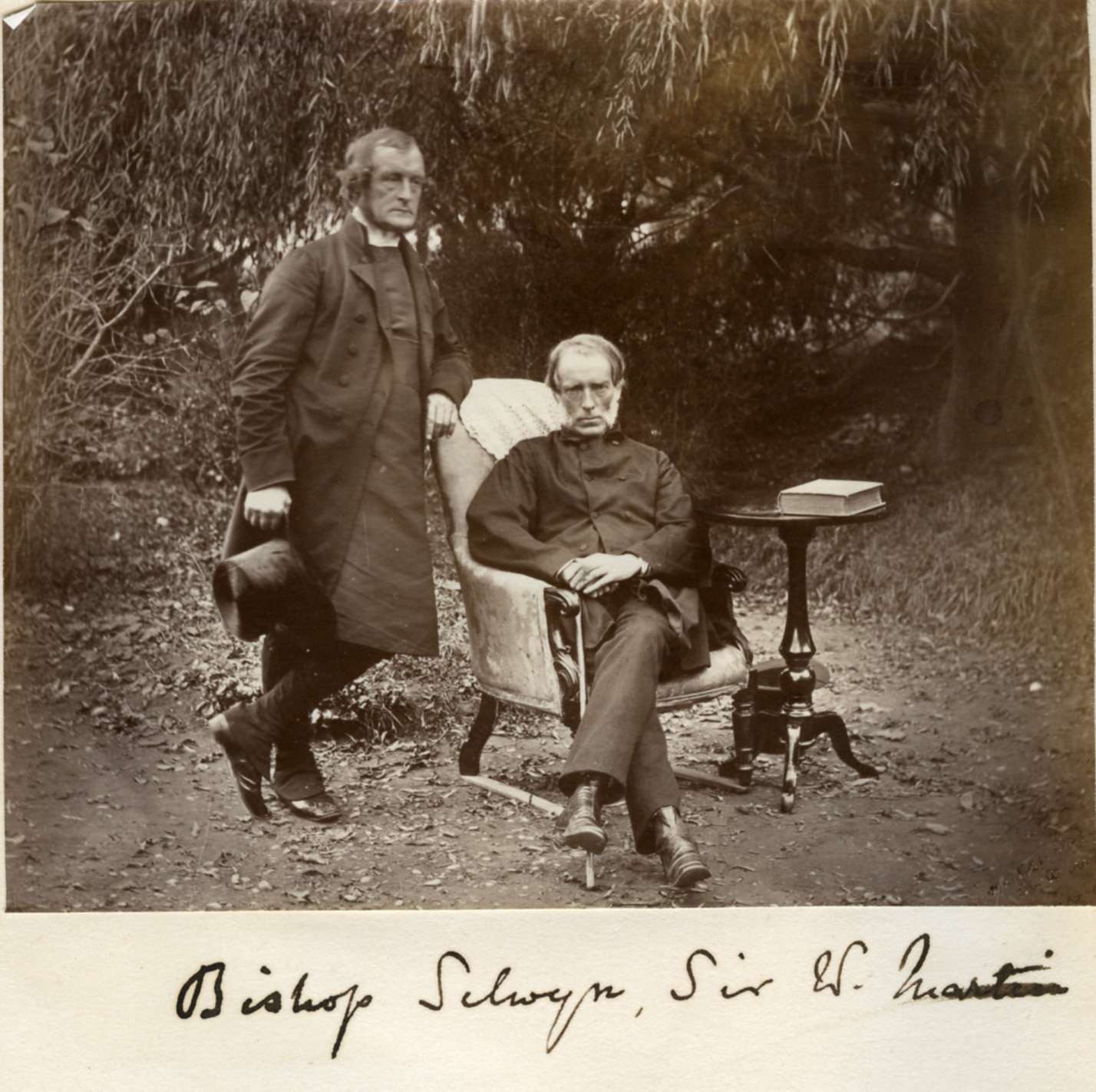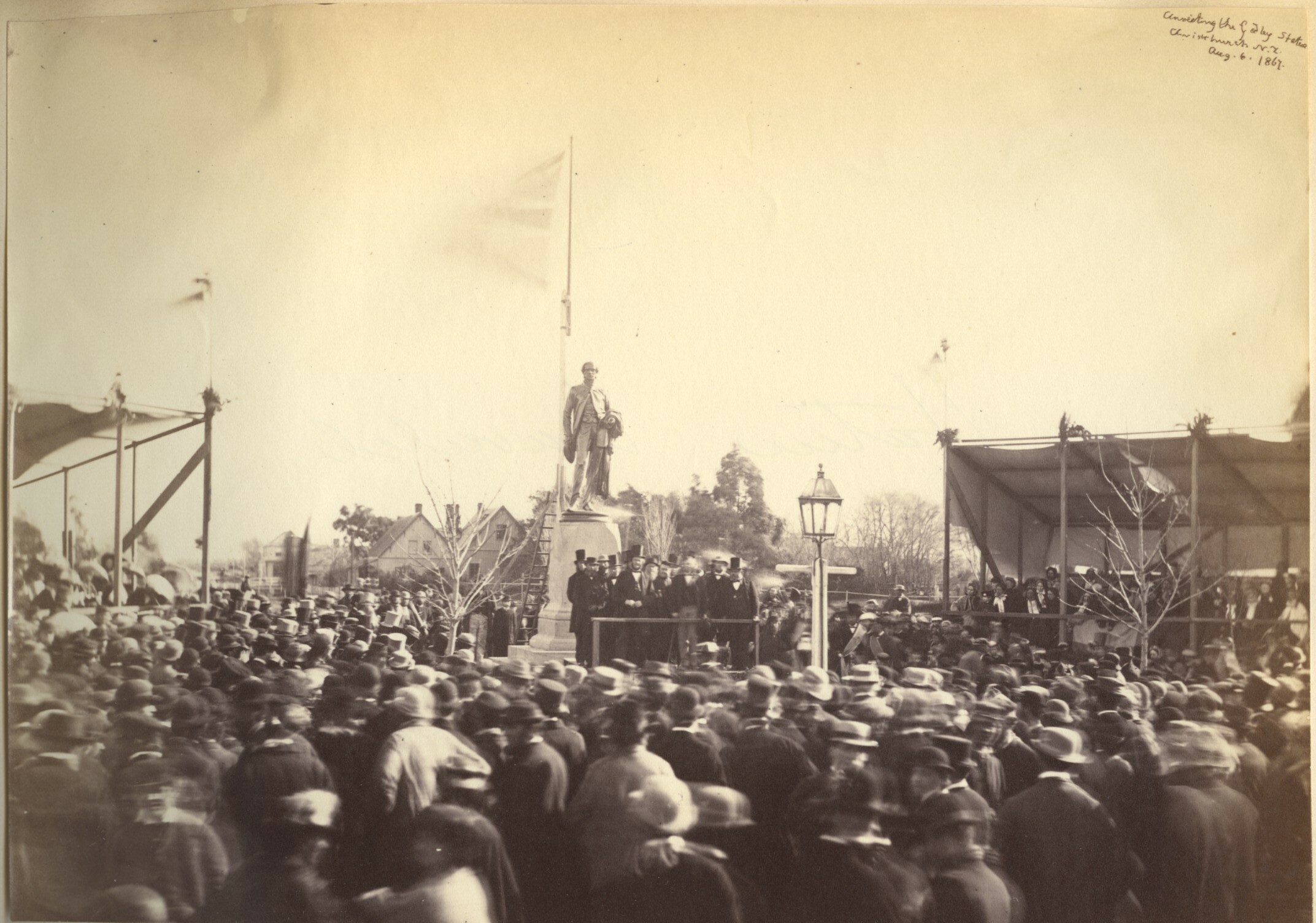Over the past 10 years or so, the Association of Boys’ Schools of New Zealand (ABSNZ) has facilitated research to analyse the academic performance of schools for boys when compared to co-ed schools. Why? Because that which is anecdotal and self-evident – that boys perform better in schools for boys – is often not enough when one comes to the argument about the value of such schools for the community and boys. More ‘evidence’ is needed.
The latest report presented to an international audience at the recent International Boys’ Schools Coalition (IBSC) conference in Auckland included the following summary.
Male school leavers from single-sex schools had higher attainment rates than those from co-educational schools at all levels across every disaggregation considered in this report. The existence of the single-sex advantage in NZ secondary schools is irrefutable.
And concluded ...
From the results obtained, we can claim that school leavers did have higher achievement rates at single-sex schools than at co-educational schools from 2017–2021. Additionally, because the number of students sampled is so large (n = 155 630), we can assert that this difference is statistically significant.
The full report can be found here.
At Christ’s College, we know this to be true, but, pleasingly, there is more. When our school type – being a school for boys – is combined with our culture founded on our faith-based inspiration and our special focus on character and virtue as outcomes of the educational experience, we know our boys are given every opportunity to graduate with many more benefits enabled by their unique school experience, not just proven better academic success.
Why then a school for boys? The International Boys’ Schools Coalition has this to say in answer to that question. These are statements we here at Christ’s College totally endorse and pursue in our own special way. Further explanation can be found here.
- Schools for boys understand and celebrate boys
Schools that make the intentional choice to focus on the intellectual, physical, social, and emotional lives of boys and young men share an appreciation for the intensity and complexity of boyhood. Educators at boys’ schools celebrate and value all that it means to be a boy. - Schools for boys seek first to build good men
In addition to pursuing high academic achievement, schools for boys share many broad goals: to promote wellbeing, to develop resilience and empathy, and to see that each student achieves his potential. But none is more important than the essential goal of building good character and, by extension, of helping each boy and young man make responsible choices and live an honourable life. - Schools for boys know that boys develop and learn in different ways
It’s a simple fact that boys and girls grow at a different pace. Boys’ strengths are different from those of girls. While girls generally develop earlier physically and socially, refining their reading and writing skills sooner, boys are more spatial and visual by nature, and they demonstrate a natural affinity for areas like abstract mathematics. They are also hard-wired to learn more easily through action than words. - Schools for boys teach in ways that boys learn best
Each faculty member in an all-boys school has made a conscious choice to teach boys. They enjoy boys’ irreverent humour and draw energy from their natural exuberance. Their passion to teach boys requires a commitment to build relationships, craft a curriculum, and lead a classroom that engages each student in the way he learns best. - Schools for boys help students discover and explore their full potential
Without the social pressures of a co-ed environment, students in an all-boys school can explore the full range of their personalities and potential. Eschewing stereotypes, they discover they have many roles to play as a scholar, athlete, artist, musician, and friend. - Schools for boys foster brotherhood and lifelong friendships
Working together in the classroom, on the playing field, or in the performance hall, students are united by a special bond of brotherhood. Many boys’ school graduates say the friendships they developed with their peers and with faculty are among the most important benefits they carry with them from their schools.
Rob Donaldson retirement
A consummate schoolmaster and educational leader and a taonga of our community, Rob Donaldson will retire at the end of the year after 35 years of service to Christ’s College.
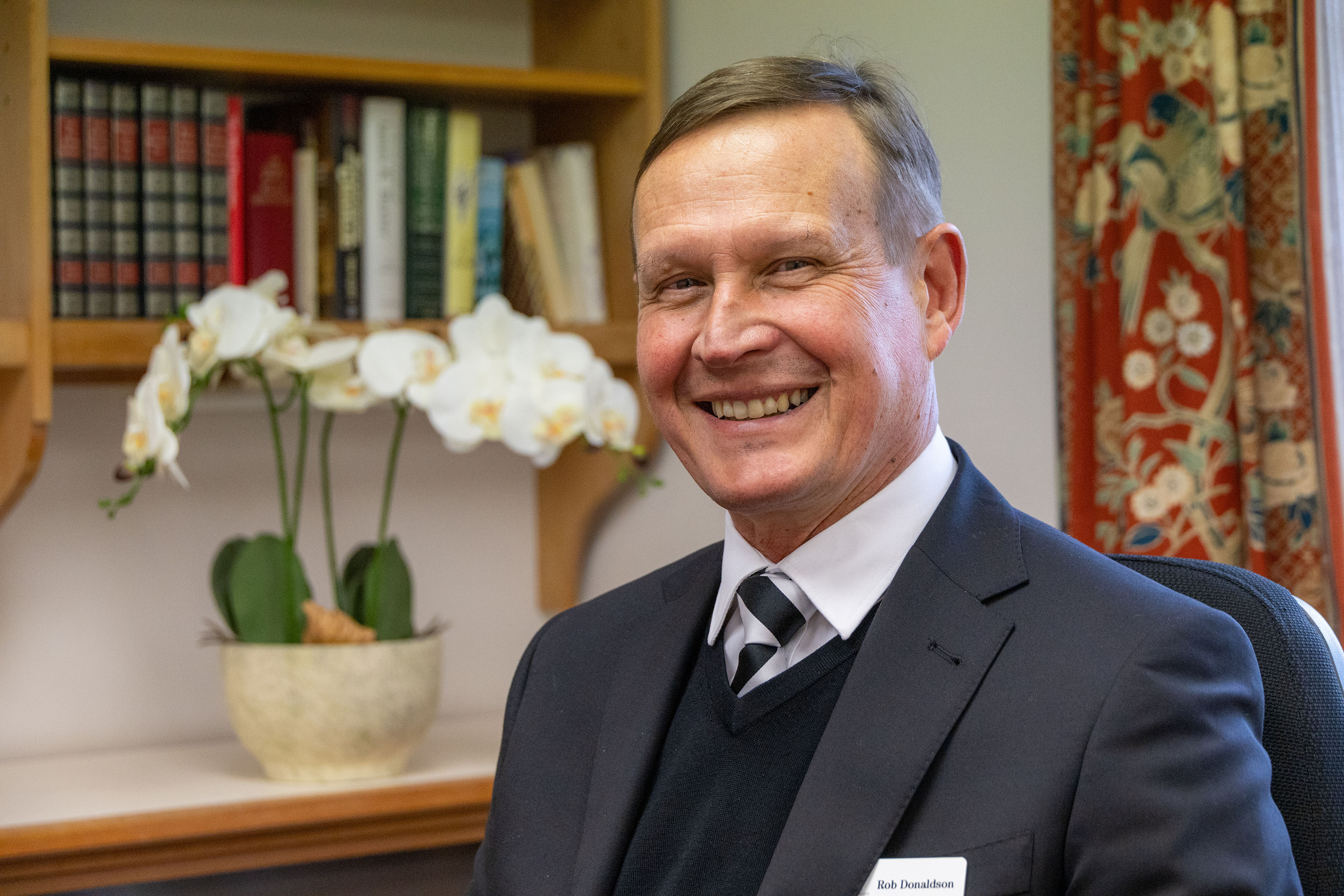
Rob immigrated from South Africa to New Zealand early in his teaching career in 1988 to join the staff of College as a full-time English teacher. He was appointed as the inaugural Housemaster of Somes House from 2000–2004, before joining the senior management team as Deputy Headmaster (now Deputy Principal), a position he has held for the past 19 years. Since being appointed to this role, he has continually sought to ensure that all processes and practices associated with his position have been delivered to the highest standard and in a manner which reflects the needs of students and families at the core. He has navigated the tricky world of social media as a norm, the Canterbury earthquakes, and the challenge of Covid-19 and its impact on educational delivery. Through his core role of all things pastoral care, behavioural standards, and discipline, Rob has always acted with fairness and justice being at the centre of his considerations, and by doing so, has gained extraordinary respect and ‘mana’ from generations of College boys and families.
In March 2018, through an involved application process led by Rob, Christ’s College was accepted as the second member school in New Zealand of Round Square International, an organisation that links together a network of more than 240 schools worldwide focused on the IDEALS of Internationalism, Democracy, Environmentalism, Adventure, Leadership, and Service. As Round Square Coordinator for College, Rob has enabled students and staff to participate in events, service initiatives, and conferences in South Africa, Vietnam, China, Canada, and Australia. Later this year, he will lead a contingent to Kenya for the organisation's international annual conference. It is unsurprising that several schools (both national and international) have visited Rob to discuss the significance and impact of Round Square membership – he has clearly set the benchmark.
Consequent of the Royal Commission into Abuse in Care, Rob has led and managed a two-year review, consideration, and implementation phase to address all matters of Child Protection and wellbeing. This project has required a huge complexity of skills, balancing attention to detail with empathy, sensitivity, and an understanding of the matters brought to attention, coupled with instilling a greater awareness for both staff and students in these matters. Noticeable cultural shifts in behaviour, attitude, and acceptance are where we have witnessed the impact of Rob’s work. Christ’s College is now a much safer and inclusive environment for students and staff – in both a physical and emotional sense.
Rob has been an outstanding, inspiring, and innovative member of staff over an extensive period. Consequent of his work, influence, and vision in his role as Deputy Principal, Christ’s College in 2023 is a caring, supportive, solutions-focused school with an environment that puts the boy at the centre of all that we do. He has been unique in his dedication to work above and beyond his job description as a matter of course, setting a wonderful example for the students and staff of College in striving for improvement and excellence in all that he does.
We wish Rob and Shelley all the very best in their next phase of life.
